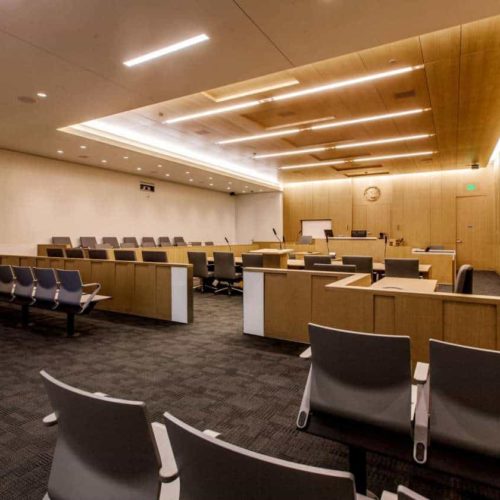Introduction
How long is too long when it comes to depositions? The answer depends on where the case is being heard and which side you’re on.
While federal courts limit depositions to seven hours, most states have no limits on the books. Only a few have enacted restrictions, ranging from three hours in Illinois to 20 in New Hampshire.
A 2015 paper authored by two defense lawyers, “The Discovery Deposition Conundrum,” breaks down which states have limits and which don’t. “At every plaintiff deposition,” it notes, “there is a natural tension created by the right of defendants to understand thoroughly the nature and factual support for the claims against them as well as facts that support their defenses and concern about the health of an ill and often elderly plaintiff.”
In asbestos cases, depositions take on added importance due to the often-frail health of plaintiffs suffering from diseases such as mesothelioma.
Even in states with limits, there’s variation in how the rules are enforced.
California generally follows the federal seven-hour limit except in cases considered “complex,” such as asbestos lawsuits. Some courts routinely allow depositions in these cases to exceed 20 hours.
Depositions in Illinois are formally capped at three hours, though informally questioning can go on longer if the plaintiff is healthy enough to answer, said Perry Browder, president of the Illinois Trial Lawyers Association.
Browder chalked up the uniquely “long and arduous” depositions seen in California to both legal practice and culture. In Illinois, Browder said, a lead defense lawyer typically deposes a plaintiff for about 2 ½ hours, after which other defense counsel are allotted 15 minutes apiece for questioning.
“People are efficient,” Browder said. “You get to the point.”
Most states without formal limits, like New York, have other mechanisms that can help rein in the discovery process, including the length of depositions.
Charles Ferguson, a plaintiff’s lawyer in Manhattan, said a court-appointed special master who oversees asbestos discovery helps discovery go more smoothly. The master acts as a quasi-judicial mediator, giving lawyers an alternative outside of court for resolving discovery disputes.
The process isn’t perfect, Ferguson said, but there’s an expectation of cooperation between parties. “There’s an unwritten rule that this deposition is not going to take 20 days,” he said.
New York’s long history of asbestos litigation also has yielded case law outlining which work sites and products carried exposure risks.
“We know who all the potential defendants are and could be,” Ferguson said. “There’s been decades of discovery. There’s no mystery.”
Read more in Inequality, Opportunity and Poverty
Unequal Risk
Some paint strippers are killing people. The EPA promised to act — but hasn’t.
For now, the only ones yanking methylene chloride paint removers off the shelves are retailers.


Join the conversation
Show Comments